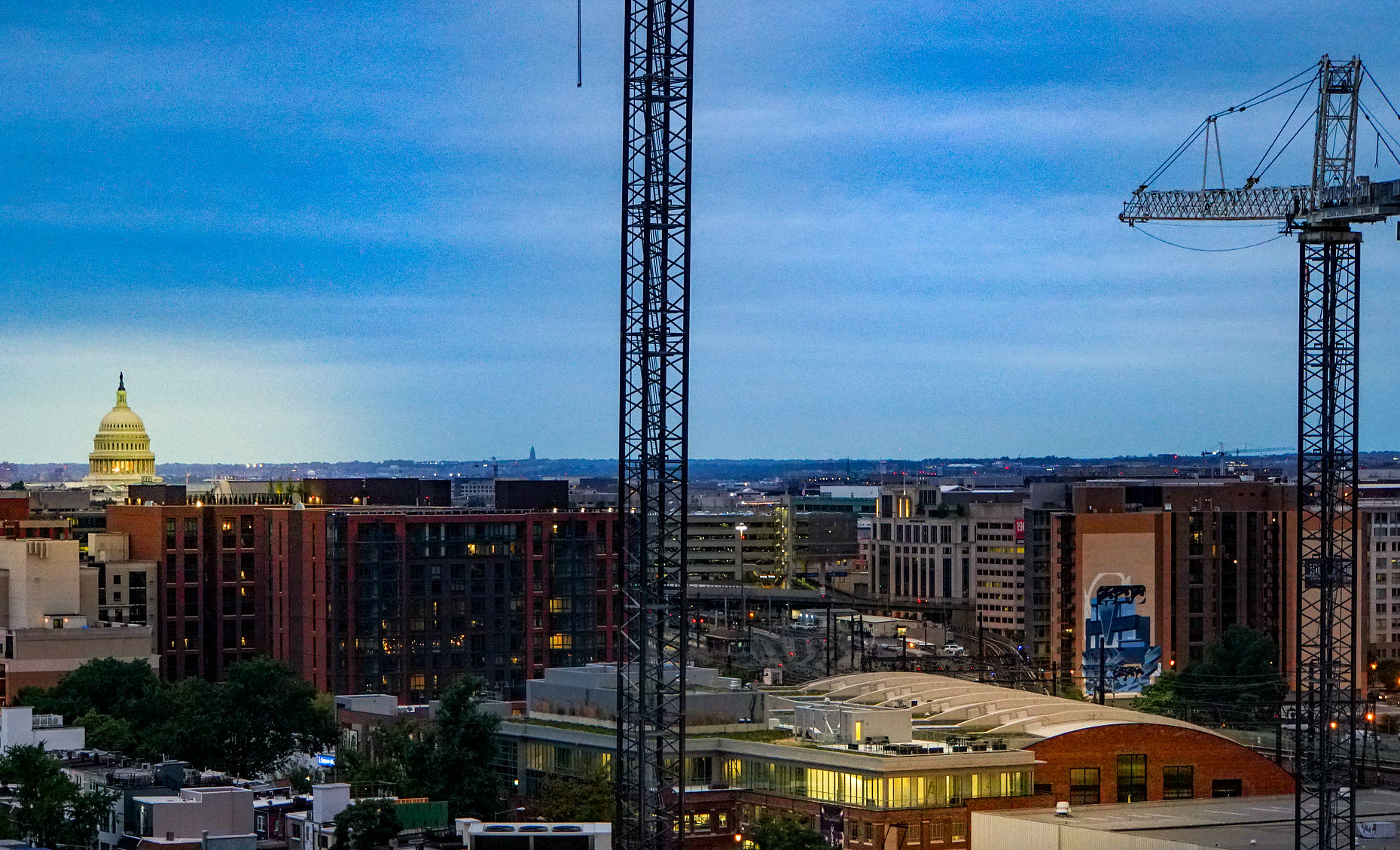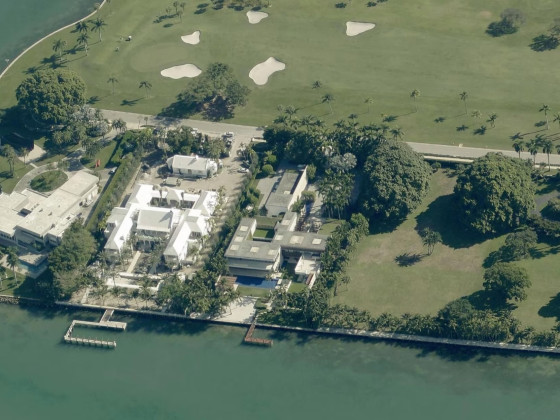What's Hot: Cash Remained King In DC Housing Market In 2025 | 220-Unit Affordable Development Planned Near Shaw Metro
 NIMBYs, TODs and 100-Year Floods: Land Use Amendments Reflect DC's Changing Development Priorities
NIMBYs, TODs and 100-Year Floods: Land Use Amendments Reflect DC's Changing Development Priorities
✉️ Want to forward this article? Click here.

Yesterday, the mayor's office and the Office of Planning (OP) released a draft amending the Comprehensive Plan, a document meant to steer how and where the District continues to develop.
In addition to an Introduction and Implementation Element, the Comp Plan has 12 Elements which apply citywide, all informed by the Framework Element for which the DC Council passed amendments last week. Here is how the new Land Use Element (LUE) reflects new growth priorities and undermines NIMBY arguments.
As drafted, the LUE has over a dozen new sections, including some which:
- Cite accessory dwelling units as an opportunity for infill development of affordable housing.
- Encourage public space be designed to, at minimum, withstand a 100-year flood.
- Prioritize upgrades to infrastructure and utilities where development is planned in the city.
- Explore opportunities for mixed-use redevelopment of public facilities, to include affordable housing.
- Restore the street grid when the city gains control of downtown sites owned by the Federal government. These sites should also be redeveloped at a scale which fits into the surrounding neighborhood and deliver a mix of uses that includes residential, cultural, retail and office.
- Highlight the importance of production, distribution and repair (PDR) zones and recommending the PDR zone classification be revised to prohibit non-PDR (or non-creative or -cultural) uses, unless the site is specifically identified to be rezoned or can no longer support PDR use.
- Target areas for additional planning efforts, including Congress Heights, New York Avenue NE, North Capitol Crossroads/the Armed Forces Retirement Home, Poplar Point, RFK Stadium, and Upper Wisconsin Avenue.
- Target areas within the floodplain to study watershed resilience, including Federal Triangle, Georgetown, Hains Point, Poplar Point, RFK Stadium, the Southwest Waterfront and Watts Branch.
story continues below
loading...story continues above
The language in the LUE has also been tweaked by swapping out words to reframe how the Comp Plan is applied, or adding emphasis to certain priorities (like "affordability", "equity" and "growth"). Some of these tweaks indicate prioritization of a balanced approach to multimodal transportation, including investments in dedicated bus lanes, express routes and signal priority on major corridors.
Similarly, the new LUE emphasizes the need for transit-oriented development at Metro stations where this is possible, rather than focusing this development at particular stations or suggesting TOD in low and moderate density neighborhoods be relegated primarily to commercial zones. The Element also recommends the city consider requiring these developments to achieve the maximum potential inclusionary zoning via density and height bonuses.
The edits also excise many terms associated with exclusionary and NIMBY sentiment, replacing "conservation" in most places with "preservation", and replacing most uses of "protecting" with "respecting". A section also suggests that for infill development, "the privacy of neighboring structures should be respected, and density and scale should reflect the desired character of the surrounding area."
UrbanTurf will continue to share details of various portions of the amended Comp Plan throughout the week.
See other articles related to: affordable housing, affordable housing dc, comp plan, comprehensive plan, dc comprehensive plan, dc office of planning, floodplain, inclusionary zoning, land use element, mayor bowser, office of planning, resiliency, transit-oriented development
This article originally published at http://dc.urbanturf.production.logicbrush.com/articles/blog/how-land-use-element-amendments-reflect-shift-in-development-priorities/16023.
Most Popular... This Week • Last 30 Days • Ever

Lincoln-Westmoreland Housing is moving forward with plans to replace an aging Shaw af... read »

The small handful of projects in the pipeline are either moving full steam ahead, get... read »

A report out today finds early signs that the spring could be a busy market.... read »

A potential collapse on 14th Street; Zuckerberg pays big in Florida; and how the mark... read »

A potential innovation district in Arlington; an LA coffee chain to DC; and the end o... read »
DC Real Estate Guides
Short guides to navigating the DC-area real estate market
We've collected all our helpful guides for buying, selling and renting in and around Washington, DC in one place. Start browsing below!
First-Timer Primers
Intro guides for first-time home buyers
Unique Spaces
Awesome and unusual real estate from across the DC Metro













